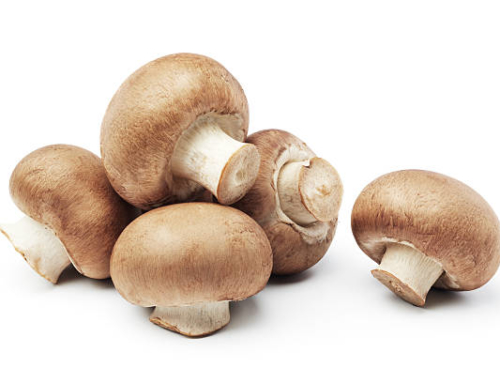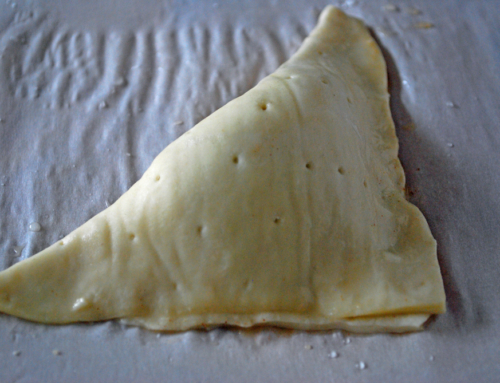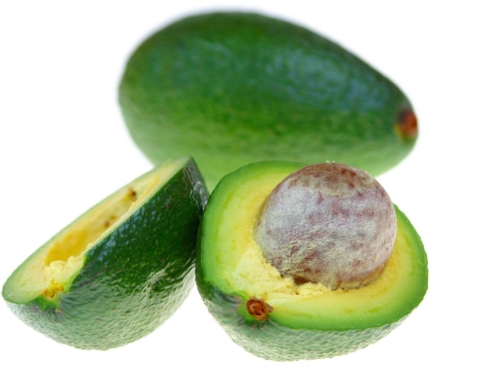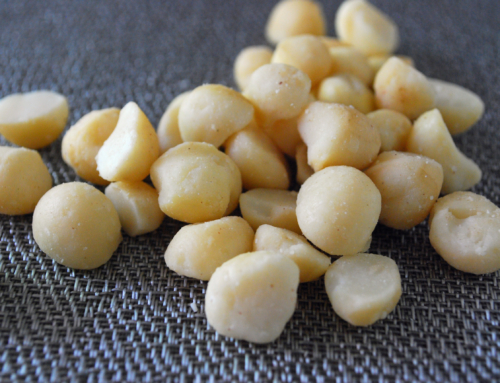If you have any reason to suspect your pet has ingested something toxic, please contact your veterinarian or one of the other resources listed:
• ASPCA Animal Poison Control Center 24-hour hotline at (888) 426-4435
• Pet Poison Helpline® 24-hour animal poison control service at (855) 764-7661
Chocolate
Theobromine, a methylxanthine found in cacao seeds, can cause toxicosis when ingested by pets. Dogs are the most frequently intoxicated species due to their indiscriminate eating habits. Any age or breed of dog can be affected. A similar clinical course can also occur in cats and birds if ingestion occurs.
Baker’s chocolate and dry cocoa powders have higher methylxanthine content and are considered more dangerous than milk chocolate. White chocolate, on the other hand, contains very low levels of methylxanthine.
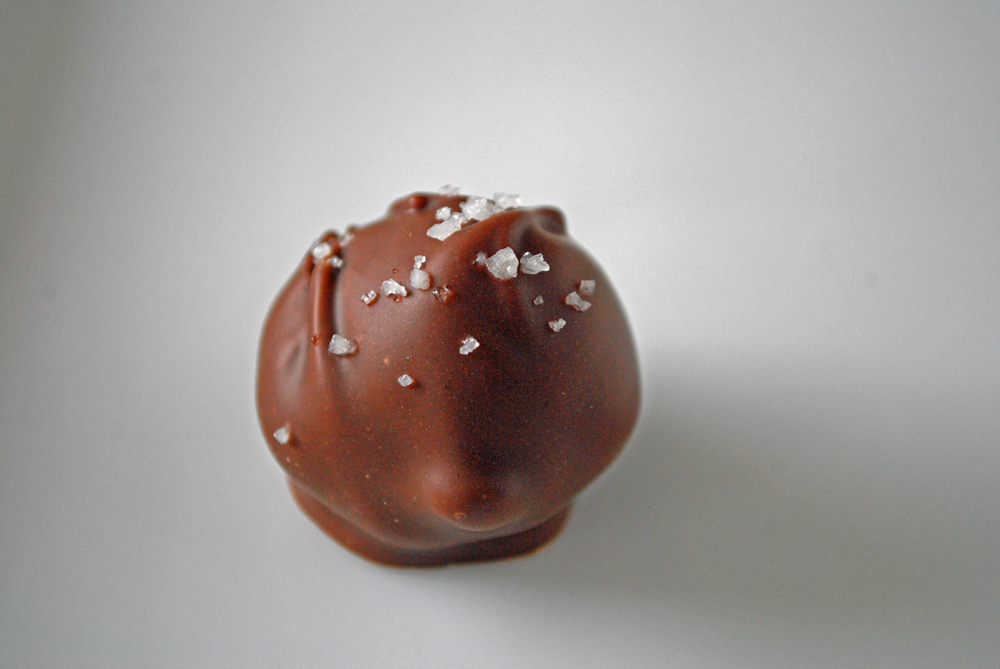
It is important to note that chocolate products often contain both theobromine and caffeine (another common pet toxin).
Cacao bean shells are frequently used in mulch products, causing toxicosis not only in dogs and cats but also pigs, calves, chickens, ducks and horses.
Signs and symptoms of toxicity: vomiting, diarrhea, panting, excessive thirst and urination, abnormal heart rhythm, tremors, seizures. These signs usually occur within 2-4 hours of ingestion.
Toxic Consumption:
In dogs, 250 mg/kg (113 mg/lb) can be toxic. For cats that drops slightly to 200 mg/kg (90 mg/lb).
| X-Small Yorkie, Chihuahua |
Small Pug, Boston Terrier, Poodle |
Medium Beagle, Scottish Terrier |
Large Boxer, Cocker Spaniel |
X-Large Retriever, German Shepherd |
XX-Large Great Dane, St. Bernard |
|
| 1 – 10 lbs. (0.45 – 4.6 kg) |
11 – 25 lbs. (5 – 11.4 kg) |
26 – 40 lbs. (11.8 – 18.2 kg) |
41 – 70 lbs. (18.6 – 31.8 kg) |
71 – 90 lbs. (32.3 – 40.9 kg) |
91 – 110 lbs. (41.4 – 50 kg) |
|
 |
 |
 |
 |
 |
 |
|
| Cacao Beans | > 0.075 oz | > 0.8 oz | > 1.5 oz | > 3 oz | > 5 oz | > 6.5 oz |
| Unsweetened Baking Chocolate | > 0.2 oz | > 2.5 oz | > 6.5 oz | > 10 oz | > 17.5 oz | > 22.5 oz |
| Dark Chocolate | > 0.5 oz | > 9 oz | > 21.5 oz | > 34 oz | > 59.5 oz | > 76.5 oz |
| Milk Chocolate | > 1.5 oz | > 20.5 oz | > 49 oz | > 77 oz | > 134.5 oz | > 172 oz |
| White Chocolate | > 450 oz | > 5000 oz | > 11800 oz | > 18600 oz | > 32300 oz | > 41400 oz |
| Cocoa Powder | > 0.15 oz | > 1.5 oz | > 4 oz | > 6 oz | > 10.5 oz | > 14 oz |
| Cocoa Bean Mulch | > 0.125 oz | > 1 oz | > 3 oz | > 5 oz | > 8.5 oz | > 11 oz |
| Most Cats | Large Cats | |
| 1 – 10 lbs. (0.45 – 4.6 kg) |
11 – 25 lbs. (5 – 11.4 kg) |
|
 |
 |
|
| Cacao Beans | > 0.05 oz | > 0.5 oz |
| Unsweetened Baking Chocolate | > 0.2 oz | > 2 oz |
| Dark Chocolate | > 0.5 oz | > 7 oz |
| Milk Chocolate | > 1.5 oz | > 16.5 oz |
| White Chocolate | > 360 oz | > 4000 oz |
| Cocoa Powder | > 0.1 oz | > 1 oz |
| Cocoa Bean Mulch | > 0.1 oz | > 1 oz |
References:
– Osweiler, G, et al. (2011). Blackwell’s five-minute veterinary consult clinical companion. Small Animal Toxicology. [Kindle version]. Retrieved from Amazon.com
– The Merck Veterinary Manual. Chocolate. Available at: http://www.merckmanuals.com/vet/toxicology/food_hazards/chocolate.html?qt=chocolate&alt=sh. Accessed August 31, 2014.
Pet Poison Control is provided free as a public service by the American College of Veterinary Pharmacists. Today we’re asking you to support us with a small donation. If you would like to dedicate your gift in honor or memory of a pet or individual, you will have that option before checkout. Your gift of any amount helps us maintain this resource and make it available to the pharmacy and veterinary communities. Thank you!

